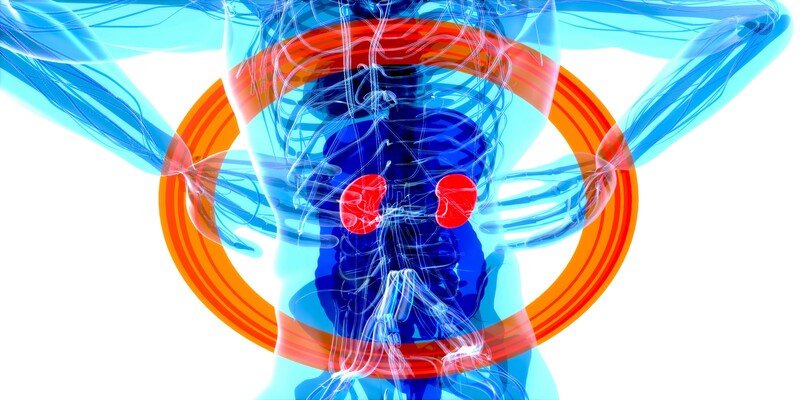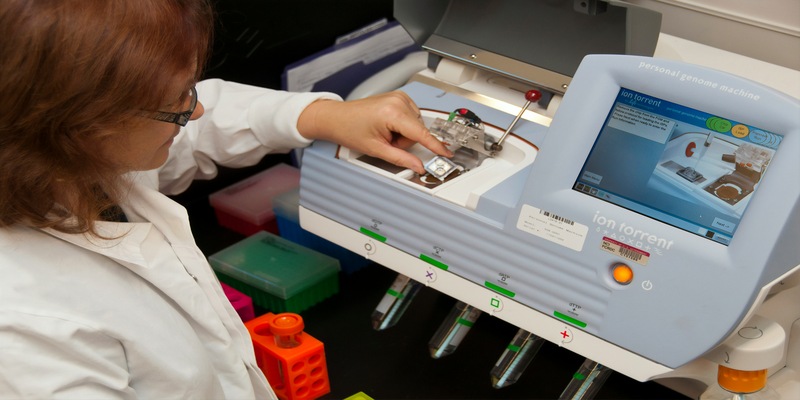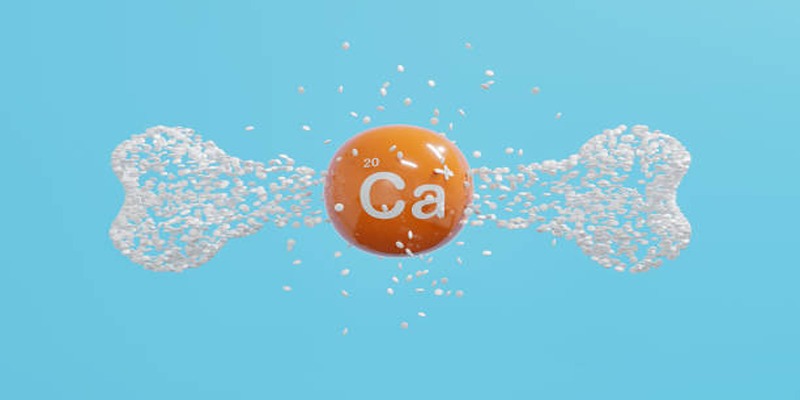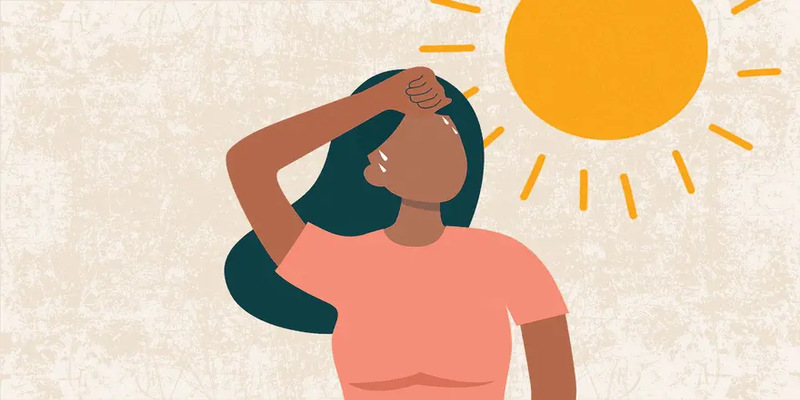Diet is the key player which rules the kidney health mainly through the decreasing the risk for kidney stone formation. These extremely painful deposits form when the renal tubules concentrate some specific minerals and salts, the process which is usually enhanced by the dietary habits. More recent studies revealed the frightening correlation between high sugar intake and kidney stone formation that become more prevalent among people. Excessive sugar intake can cause disruption of the balance of minerals in the urine, and this interferes with the process of stone formation that requires minerals. Knowing this mechanism is important to all the people who would like to prevent their kidneys from being damaged and to make their decisions on diet as informed as possible.

Understanding Kidney Stones and Dietary Risks
Kidney stones are crystalline formations that occur within the renal system, primarily in the kidneys. Uric acid stones develop when there is too much acid in the urine, which can be diet-related. High consumption of oxalate-rich foods such as spinach, rhubarb, and almonds can increase the likelihood of calcium oxalate stones. Moreover, understanding and managing these dietary factors is essential for those at risk of kidney stones, emphasizing the importance of a balanced diet and adequate hydration.
The Impact of High Sugar Intake on Kidney Health
High sugar intake has a notable impact on kidney health, particularly in the context of kidney stone formation. Diets high in sugar, especially fructose, can lead to an increase in the excretion of calcium, oxalate, and uric acid, which are prime components of kidney stones. This metabolic effect is compounded by sugar's ability to increase the size and number of these deposits, making the formation of kidney stones more likely. Research studies have consistently linked high sugar consumption with a greater risk of kidney stones, emphasizing the need for dietary moderation to protect renal health.

Mechanisms of Sugar's Impact on Kidney Stones
High sugar intake affects the body in several ways that contribute to kidney stone formation. First, sugar, particularly fructose, increases urinary calcium excretion, which can combine with oxalate to form stones. Furthermore, high sugar intake can decrease the volume of urine, which concentrates stone-forming substances in the kidneys. Each of these factors contributes significantly to the overall risk of developing kidney stones, illustrating the direct impact of sugar on kidney stone pathology.
Diet Modifications to Reduce Kidney Stone Risk
Modifying your diet is a key strategy in reducing the risk of developing kidney stones. A diet tailored to prevent the formation of stones can influence the balance of minerals and other substances in the urine, which in turn affects whether stones will form. It's essential to understand not only which foods to include but also which to limit or avoid. This balance can help maintain kidney health and reduce the frequency and intensity of kidney stone episodes.
Recommended Foods to Prevent Kidney Stones
In order to clean up kidney stones, it’s of utmost importance to have nutrients for urinary health and to keep away from the substances which contribute to stone formation. A wise step, additionally, is to add foods with magnesium and potassium salts, because they help in the formation of calcium and oxalates in urine. Whole grains, beans, seeds, and bananas are some good options to increase your magnesium intake.
Some foods can be the stepping stones to kidney stones and then in moderation or being avoided is the way to go. Lastly, the intake of sodium should be slowed down because salt interferes with the normal calcium breakdown in the urine by increasing the amount of calcium in the urine. Moreover, meat protein sources (such as beef, poultry, eggs, etc.) should be eaten with moderation because excessive intake could bring about an increase of uric acid levels and calcium excretion.
Practical Tips for Implementing a Kidney Stone Prevention Diet
Incorporating a kidney stone diet prevention strategy flags a gradual dietary changes over some time to make it sustainable and practical. Start by restricting your intake of sugars, particularly sugar found in processed foods and beverages and take greater amounts of water so as to aid in the dilution of urinary substances which cause stones. By degree include the diet rich in calcium and magnesium and products that have high content of potassium and these to enrich your mineral assortment. Planning your meals to include the array of extra foods will surely ease the process and make your diet much more fascinating, thus allowing you to succumb to the diet and offer your body the delicious plate you deserve on daily basis provided you take good care of your kidney and the rest of your body.
Monitoring Your Progress and Health Outcomes
Regular health check-ups are vital when implementing a new diet to prevent kidney stones. These check-ups allow your healthcare provider to monitor your progress and the impact of dietary changes on your kidney health. Regular urine tests can track changes in the concentration of stone-forming minerals and crystals, helping to evaluate the effectiveness of your dietary adjustments. Additionally, keeping track of any kidney stone symptoms, such as pain or urinary changes, and discussing these with your doctor, can help adjust your diet or treatment plan as needed to better suit your health needs and outcomes.
Conclusion
The transition to a diet that helps to reduce the risk of kidney stones is not only about preventing formation of stones, but also about leading a healthier lifestyle. By carefully selecting from what you eat and drink, you can be on the way to a healthy kidney and also live a good life. Recollect, slow and steady wins the race and that is what success is above all else. Push yourself to stick to these dietary changes, regularly attend your healthcare provider appointments, and keep a close watch on your health index. Employing determination and by making wise choices, you may ensure the health of your kidneys and live a fulfilling lifestyle.







